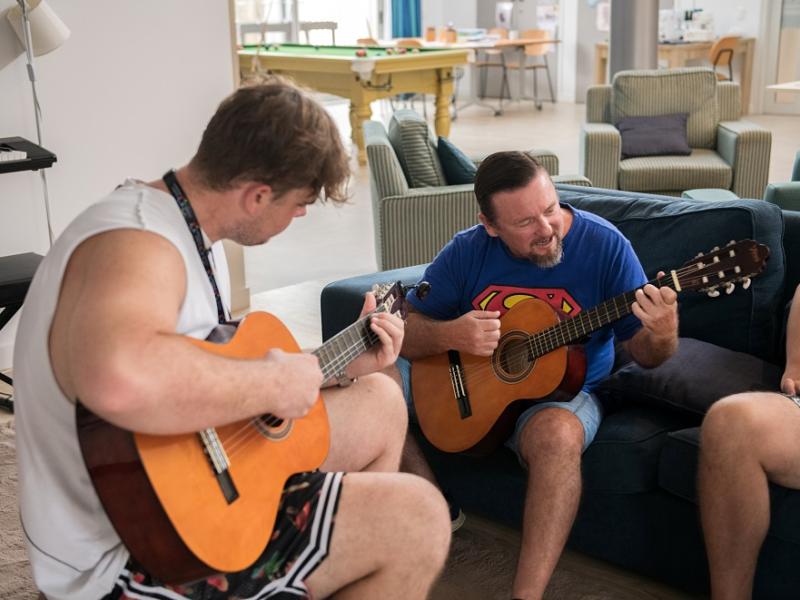Young people with serious emotional and mental health issues and challenging behaviours and are getting unique support from KEYS East, a partnership between Mind Australia, MacKillop Family Services, Victorian Aboriginal Child Care Agency and Youth Support and Advocacy Service.
KEYS East is one of a number of KEYS services in Victoria but one with some unique features. Keys (Keep Embracing Your Success) is a service for young people aged 12 to 17 years who are currently in or are likely to move into Out of home care.
Out of home care refers to short, medium or long-term living arrangements made for young people 0–17 years who can’t, according to the assessment of human services personnel, safely remain living in their family home due to various combinations of abuse, neglect and/or family violence, collectively known as maltreatment. 1
Why is KEYS needed?
Latest data shows that 45,996 children are residing in Out of home care in Australia.2 This number is rising annually with a disproportionate number of Aboriginal and Torres Strait Islander children: First Nations young people are 11 times more likely to end up in Out of home care3, highlighting the ongoing impact of intergenerational trauma and The Stolen Generation.4
Young people in Out of home care are at significant disadvantage compared to the general youth population5 and this disadvantage is carried through to adulthood6 substantially increasing their risk of mental health challenges, substance misuse, criminal offending, lower educational achievement and risk of premature mortality7.
Recent studies report that young people in out of home care have a considerably higher prevalence rates of mental health challenges in out-of-home-care than rates for young people in the community - between 46% and 96% compared to 18 and 70% respectively8.
How does KEYS work?
Keep Embracing Your Success, or KEYS, provides a culturally safe, trauma informed and inclusive service response, including supporting First Nations children and families.
The overarching aim of KEYS is to transition young people into longer term and less intensive placement options. To create these pathways out of residential care, KEYS aims to support young people to stabilise their behaviour and build their future through a multidisciplinary focus across the following five domains:
- managing emotions
- building life skills
- strengthening identity and social, emotional and community connection
- safety
- education and employment.
Young people referred to KEYS may have or are currently experiencing one or more of the following difficulties:
- complex mental health difficulties
- significant neglect, physical and sexual abuse, witnessed and/or subjected to family violence, and exposure to family violence criminal offending behaviours
- substance misuse
- high vulnerability to sexual exploitation and abuse.
